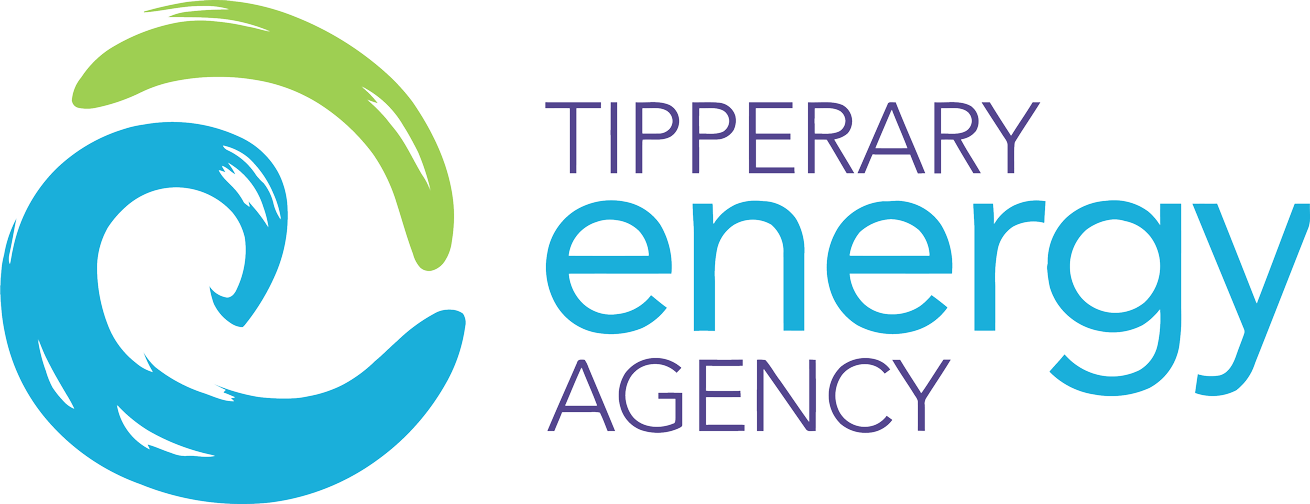Energy Democracy & Community Power Event
-
Venue
Online
-
Date
24th March 2020
-
Time
7.00pm -9.00pm
How can we build energy democracy in our communities so that everyone has access to community power?
In Ireland our electricity principally comes from fossil fuel sources and is among the most expensive in Europe. Moneypoint is overdue to be closed, and it’s burning coal from a Colombian mine with a dire human rights record. As our peat burning power stations are being phased out, important questions are being raised about a just transition for workers in the ESB and Bord na Móna.
And as we move (too slowly) towards increased renewable energy production, questions are also being raised about the sustainability of biomass that the ESB is importing for its power plants. Our energy consumption on a household level is also high, with reliance on oil for home heating and poorly insulated homes, while at the same time many in Ireland struggle with energy poverty and inability to pay their energy bills.
This pattern repeats itself on a global scale, with industrialised nations using far more than our fair share of the fossil fuels causing climate change, while impoverished countries export most of their natural resources and don’t have enough energy for their own citizens’ needs. Within these countries, fossil fuel extraction also impacts the most on impoverished and indigenous communities, and communities of colour. We have a responsibility to reduce our reliance on fossil fuels and help reduce the worst impacts of climate chaos.
Organisations across the world are calling for and acting on changes to our energy model. There are many names and facets to the changes – just transition, community power, energy democracy, community energy – but what they share in common is the idea of an energy model by the people for the people, where we can all participate in deciding how our energy is produced on a local level, and share in the ownership and benefits.
Community-owned energy projects have the potential to transform our energy system. Communities and cooperatives all over Europe are creating projects where they own and are actively involved in running an energy resource. Join us at this event to hear information from those who are doing this on-the-ground work in Ireland, as well as analysis of the problem’s with Ireland’s current energy model.
Tipperary Energy Agency, a co-organiser of this event, has been successfully supporting Tipperary to reduce its energy demand for over 20 years. The agency has a proven ability in enabling people, communities and the public sector to become more sustainable in their energy use. Paul Kenny, the CEO, will share his experiences of his work on sustainable energy technologies, in founding the SuperHomes deep retrofit programme and as a key supporter of the Community Power and Sustainable Tipp initiatives.
We will also be joined by John Fogarty of Community Power, Ireland’s first community owned electricity supplier, which is a partnership of community energy groups working for a sustainable energy future for Ireland that grew out of Ireland’s first community owned wind farm, Templederry Wind Farm in Co Tipperary, and who now are working with Irish communities to develop more renewable energy projects owned by people.
Cliona Sharkey, Policy Advisor with Trocaire, will also be joining us to speak about energy democracy in the transition at the global level, the risks and opportunities, the people and communities on the frontlines of climate change and resource extraction, and how their struggles connect with our own. The event will be chaired by Kate Ruddock, Deputy Director of Friends of the Earth Ireland.
Places are now full for this webinar but Friends of the Earth Ireland will be livestreaming it on their Facebook page from 7pm if you’d like to watch.
***Please note: This event has now moved online – the date and time remain the same. Those who register will receive an email with a link to join a Zoom webinar, with instructions on how to join. We still have a limited number of places for the webinar so registration is on a first come first served basis.***



